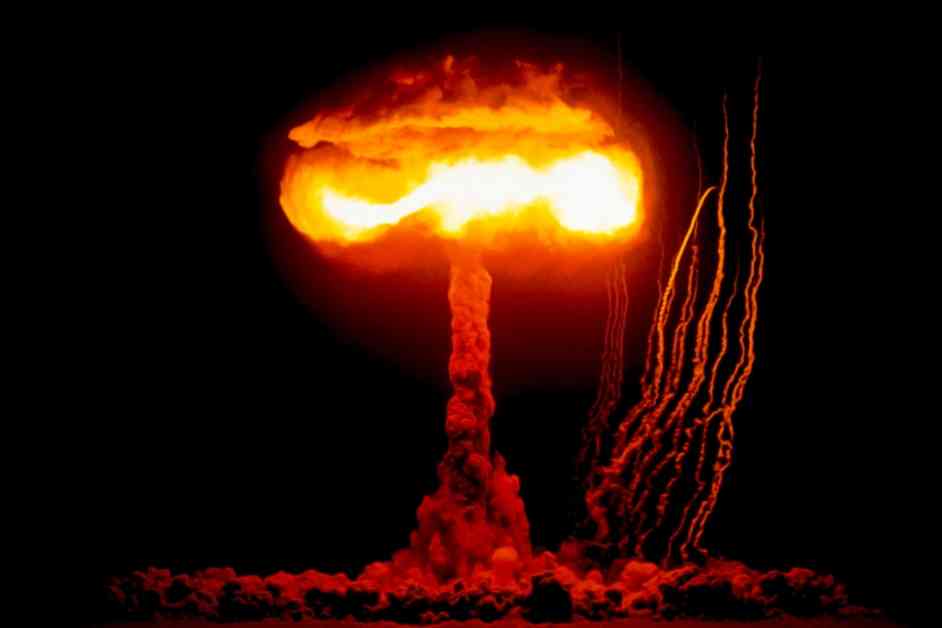At the United Nations, there is a push to form a group of scientists who will study and share information about the effects of nuclear war. This effort aims to increase global awareness about the devastating impacts of using nuclear weapons, both in the short and long term. The ultimate goal is to work towards a world free of nuclear weapons and ensure the safety of all people and our planet.
The recent Pact for the Future, agreed upon by U.N. member states, emphasizes the catastrophic consequences that a nuclear war would have on humanity. Despite this, it has been over three decades since a comprehensive report on this topic was published. With the changing global landscape and increased nuclear threats, it is crucial to revisit and update our understanding of the risks associated with nuclear war.
In recent years, there have been calls for new scientific assessments of nuclear war consequences. The U.S. Congress has mandated a study on the climatic effects of nuclear war, focusing on potential environmental impacts. Additionally, the Scientific Advisory Group of the Treaty on the Prohibition of Nuclear Weapons recommended a new U.N. study on the physical, social, and environmental consequences of nuclear war. These efforts highlight the urgent need for a better understanding of the potential humanitarian impacts of nuclear conflict.
A report by the U.S. National Academies of Sciences revealed significant shortcomings in the current models used to assess the effects of nuclear weapons. These models often focus on immediate military objectives and fail to account for the broader social, psychological, and political consequences of nuclear war. There is a clear need to improve our understanding of the full range of effects that nuclear weapons can have on society and the environment.
Despite the consensus among the G7 countries’ science academies on the catastrophic effects of nuclear war, there is still a lack of public support from some governments for new studies on this topic. It is important for the scientific community and the general public to question why these states are hesitant to support efforts to deepen our understanding of nuclear war consequences. By shedding light on the potential devastation that nuclear weapons can cause, we can encourage more informed discussions and decision-making on this critical issue.
In conclusion, a new U.N.-mandated study on the effects of nuclear war has the potential to spark a much-needed global debate on the implications of nuclear conflict. This study could help educate countries that have not conducted their own nuclear war assessments and provide valuable insights for governments and citizens in nuclear-armed states. By increasing awareness and understanding of the true impact of nuclear weapons, we can work towards a safer and more secure future for all.




